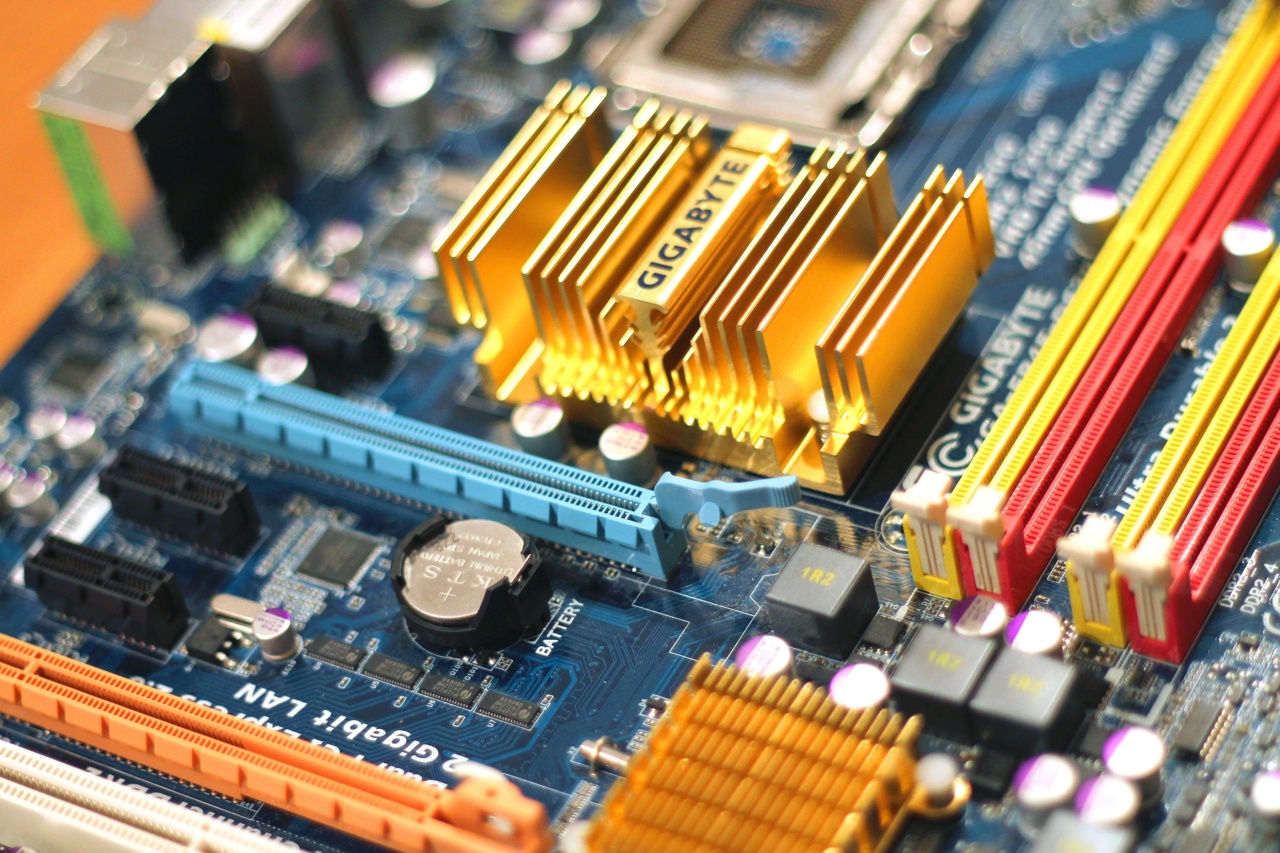Memory plays a crucial role in our daily lives, allowing us to recall past experiences, learn new information, and make informed decisions.
As we age, however, our memory tends to decline, leading many to seek ways to boost cognitive function and enhance memory. One area of research that has gained significant attention in recent years is the role of hormones in memory enhancement. Hormones are chemical messengers that regulate various bodily functions, including memory formation and retrieval.
In this article, we will explore the science behind hormones and their potential impact on memory enhancement.
Hormones and Memory Formation
Memory formation is a complex process involving various stages, including acquisition, consolidation, and retrieval. Hormones play a vital role in each of these stages and influence the efficiency of memory formation.
One hormone that has been extensively studied in relation to memory formation is cortisol, commonly known as the stress hormone.
When we encounter a stressful situation, cortisol levels in our body rise rapidly. This surge in cortisol levels affects the hippocampus, a brain region involved in memory formation.
Studies have shown that high levels of cortisol impair the functioning of the hippocampus and hinder the consolidation of new memories. This is why we often struggle to remember details of an event when we are experiencing extreme stress or anxiety.
In contrast, certain hormones, such as dopamine and norepinephrine, have been found to enhance memory formation.
These hormones are released during emotionally significant events and help strengthen the connections between neurons, facilitating the encoding and storage of memories. Consequently, we tend to remember emotional events more vividly than neutral ones.
Hormones and Memory Retrieval
Once memories are formed and stored, the process of retrieval allows us to access and recall those memories when needed. Hormones can also influence the retrieval of memories, either by enhancing or impairing the process.
One hormone that is believed to enhance memory retrieval is acetylcholine. Acetylcholine is involved in various cognitive processes and is essential for attention, learning, and memory.
Research has shown that increased levels of acetylcholine improve memory retrieval, while a decrease in acetylcholine levels can lead to memory deficits.
On the other hand, stress hormones such as cortisol can negatively impact memory retrieval.
High levels of cortisol, particularly over prolonged periods, interfere with the functioning of the prefrontal cortex, which plays a crucial role in working memory and executive functions. This can result in difficulties in retrieving memories and may lead to memory retrieval failures.
Hormonal Interventions for Memory Enhancement
Given the significant role hormones play in memory formation and retrieval, researchers have explored the potential of hormonal interventions to enhance memory function. One such intervention is hormone replacement therapy (HRT) using estrogen.
Estrogen is a hormone primarily associated with the female reproductive system, but it also has effects on the brain, including memory function. Studies have suggested a link between declining estrogen levels during menopause and memory decline.
As a result, estrogen replacement therapy has been investigated as a potential treatment for memory impairment in menopausal women.
Research on estrogen replacement therapy for memory enhancement has yielded mixed results. Some studies have shown positive effects on memory, while others have found no significant improvements.
The effectiveness of hormone interventions may vary based on various factors such as the timing of treatment initiation, dosage, and individual differences.
Another area of research involves the use of hormone modulators to enhance memory. Some medications that modulate hormone receptors or influence hormone levels have shown promise in enhancing memory function.
For example, drugs that target the acetylcholine system or modulate cortisol levels have demonstrated potential benefits for memory enhancement.
Natural Approaches to Hormonal Balance and Memory Enhancement
While hormonal interventions may hold promise for memory enhancement, there are also natural approaches that can help maintain hormonal balance and support cognitive function.
1. Adequate Sleep: Sleep plays a critical role in memory consolidation and hormone regulation. Aim for 7-9 hours of quality sleep each night to optimize memory function.
2. Balanced Diet: A nutritious diet rich in antioxidants, omega-3 fatty acids, and vitamins can support hormone production and brain health. Include foods like leafy greens, fatty fish, nuts, and seeds in your diet.
3. Regular Exercise: Physical activity has been linked to improved memory and cognition. Engage in regular exercise to promote hormonal balance and enhance memory function.
4. Stress Management: Chronic stress can disrupt hormone balance and impair memory. Practice stress management techniques such as meditation, deep breathing exercises, and mindfulness to support hormonal equilibrium.
5. Cognitive Stimulation: Engaging in mentally stimulating activities, such as puzzles, reading, or learning a new skill, can help keep the brain active and enhance memory function.
The Future of Hormones and Memory Enhancement
The role of hormones in memory enhancement is a fascinating area of research with immense potential.
While there is still much to learn, understanding how hormones influence memory formation and retrieval can pave the way for the development of novel interventions and therapeutic strategies for memory enhancement.
It is important to note that individual responses to hormone interventions may vary, and more research is needed to determine the efficacy and safety of such approaches.
Additionally, a holistic approach that combines lifestyle modifications, natural interventions, and potential hormonal interventions may offer the most comprehensive benefits for memory enhancement.
In Conclusion
The science of hormones and memory enhancement is a rapidly evolving field that highlights the intricate relationship between our hormones and cognitive function.
Hormones play a significant role in memory formation and retrieval, and understanding their effects can provide valuable insights into potential strategies for memory enhancement.
While hormonal interventions and medications may hold promise, natural approaches such as ensuring adequate sleep, a balanced diet, regular exercise, stress management, and cognitive stimulation can also contribute to maintaining hormonal balance and supporting optimal memory function. The future of memory enhancement lies in further research and the development of personalized approaches that consider individual differences and the complex interplay of hormones in cognitive processes.






























